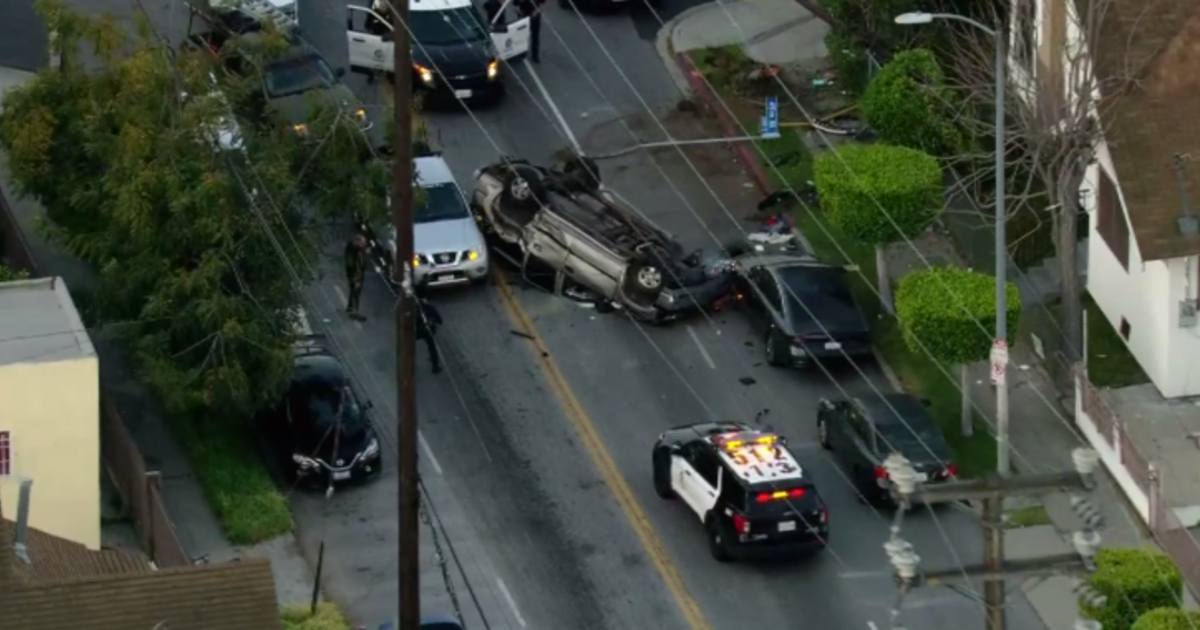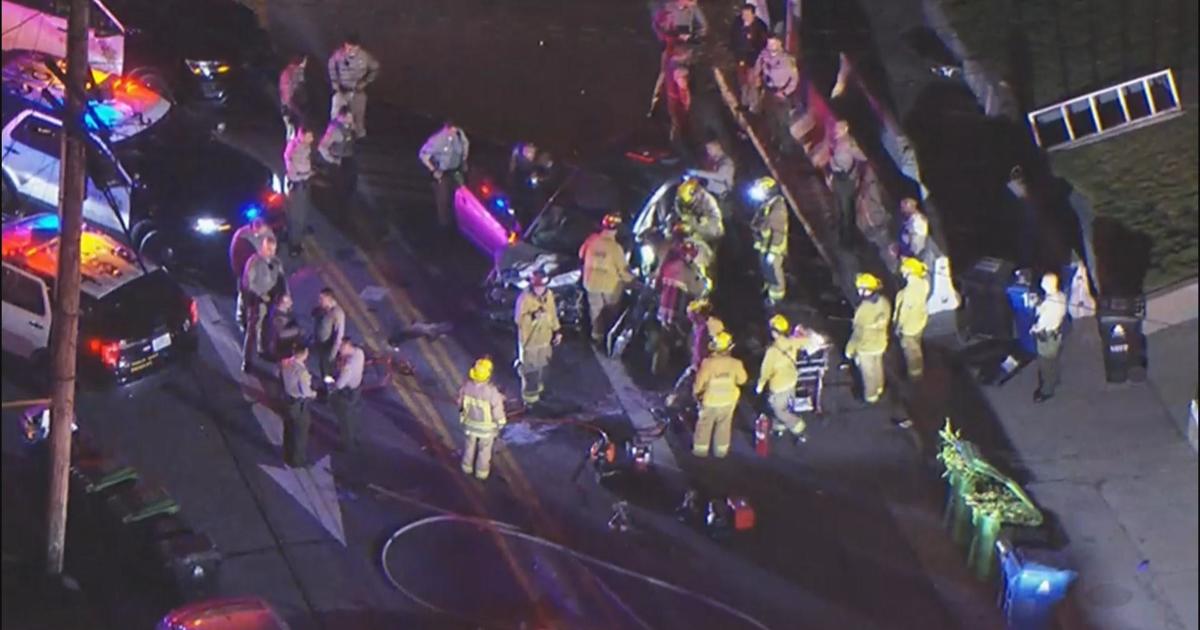Medical Association No Longer Opposes 'End-Of-Life Option' Act As Bill Goes Through Legislature
LOS ANGELES (CBSLA.com) — The California Medical Association has altered its position on a state bill that covers terminal patients seeking medical assistance to end their own lives.
The CMA switched from opposing the bill to a neutral stance, making it the only state medical group and the only group of its kind in the United States to not oppose such a bill.
The bill under consideration by state Legislature is called the "End of Life Option" Act.
Patients diagnosed as terminally ill, such as local mother and former LAPD officer Christy O'Donnell, 46, have sparked an emotional debate over whether California should join Oregon in legalizing an Aid-in-Dying bill for those patients who choose to end their lives.
"I can't take any more pain," O'Donnell said. "I don't want to suffer anymore, and we don't want to see our loved ones watching us suffer anymore."
Inspired by Brittany Maynard, the 29-year-old California woman who moved to Oregon to end her own life under that state's "Death with Dignity" law, O'Donnell, weak from cancer and chemotherapy, found the strength to speak to the state Senate.
O'Donnell told the state Legislature that she should be allowed to make that decision and should be able to carry out that decision with the help of a doctor.
At least some part of the CMA is ready to stand apart from other medical groups in not opposing that possibility.
"We've always felt that we want to be able to provide our patients whatever medical breakthroughs are available, but in spite of that, there are some patients who don't have options that are acceptable to them, and we want to allow those individuals to choose options they feel may be most appropriate for themselves," CMA doctor David Aizuss said.
The End of Life Option Act requires that two doctors must agree that the patient has less than six months to live and that the patient must discuss alternative treatment options with a doctor. Then, a written request and two oral requests are required for any approval of a lethal prescription.
Further, under the act, doctors are not required to participate in the process or refer patients to other doctors if they so choose.
Critics charge that some patients would still be vulnerable under the act.
"We know that as soon as this option is introduced, it immediately becomes the most efficient, expedient, and least expensive end-of-life option" UC Irvine Medical Ethics Program Director Aaron Kheriaty said. "And we know that the medical system currently is under tremendous pressure to lower costs. This is, I think, a deadly mix. This is a mix that is going to put especially individuals that don't have access to the best medical care or insurance, this is going to put them in very vulnerable positions."
Supporters of the bill, meanwhile, respond that any compromised position for patients simply would not be true.
"Nobody gets forced into this option if they don't want to," End of Life Option co-author State Sen. Bill Monning said. "We know there are some who have religious principles where they don't support this end-of-life option. We don't seek to change church doctrine. We don't seek to enforce this on anybody, only a voluntary patient, working with doctors, are engaged, voluntarily."
The California Catholic Conference says it remains its steadfast position when it comes to what it calls "assisted suicide" and any attempts to legalize it.



